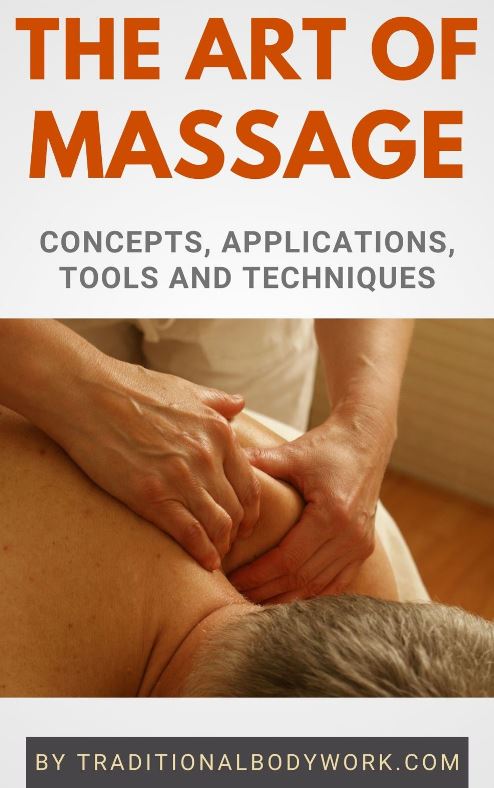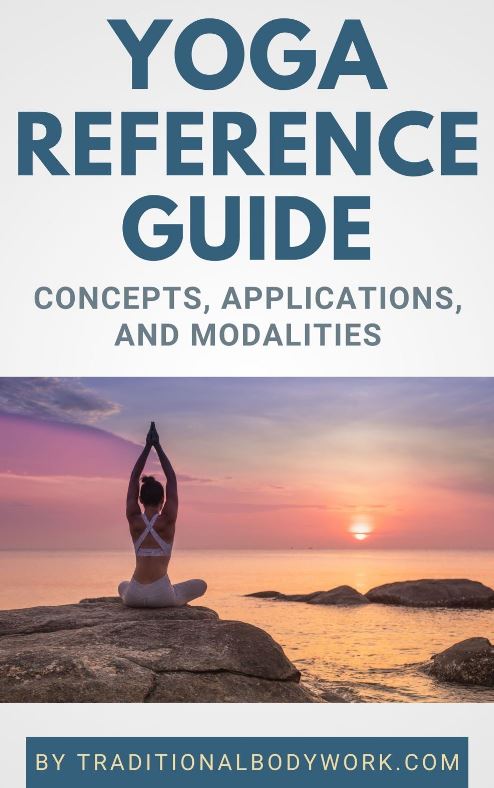
In our daily work as massage, wellness or bodywork practitioners an important part of our time is spent as a kind of coach and counselor.
That is, people often come to us for relief of physical health conditions, but an important part of their physical issues has a psychological cause. Many health problems are of a psychosomatic nature, caused by stress, anxiety, or emotional trauma.

We as practitioners and therapists know this as no other, and although we’re certainly not professional psychologists or counselors we need to deal with clients that expect some sort of emotional guidance from us. In fact, clients often consider their massage therapist as a confidante, that is, as one with whom one shares a secret or private matter.
It already starts with the client intake session where we talk a lot with our “patient” to get a clear idea of his or her situation. Typically, massage therapists work holistically, and subsequently they want to get the whole picture in order to offer an adapted treatment, one that makes sense for a particular, individual client.
Advice from us can have many forms, but it usually comes down to talking clients through the options of lifestyle changes: better nutrition, more exercise, changing a job i.e. professional career, coping with trauma and relationship issues, and so on. Sometimes we can be of immediate help, in other cases we need to guide the client to seek help from other types of healthcare professionals.
In any case, coaching and counseling is highly touchless work, and it can be done over the phone, by email, or via an online video session. That is, is doesn’t necessarily need a physical close-contact, in-person environment.

There’s an opportunity here for massage, health and wellness professionals to take their touch-based profession to another level by adding specialized, online non-touch coaching and counseling services to their business portfolio. Of course, we may need to take some extra training in this field, and maybe we need some additional sort of certification or accreditation, all depending on the country or state we practice in.
Coaching and counseling can also be less psychologically based, by the way. For instance, a massage therapist could start giving advice about stretches to do at home, about self-massage, about the best types of self-massage tools, or about the properties and characteristics of massage oils, just to give some examples.
Or, a beautician could give online advice about the types of products that can be used best by a certain client, one who has such and such a skin complexion, and so on. Whatever the case, to engage in this type of business transformation it’s good practice to first tap in your existing client base; that could give you an excellent head start in changing your career successfully.




















